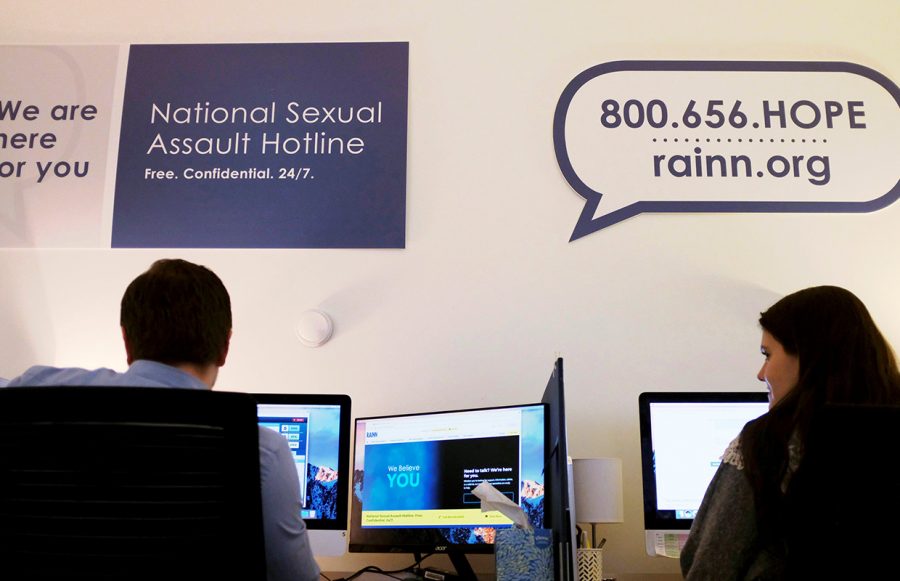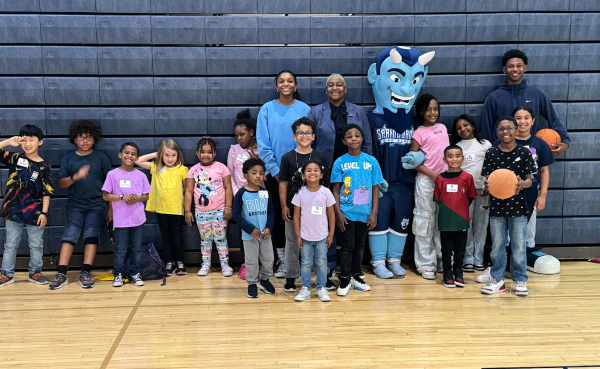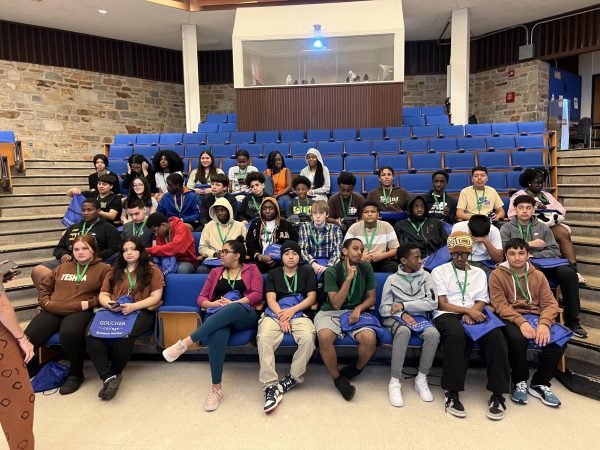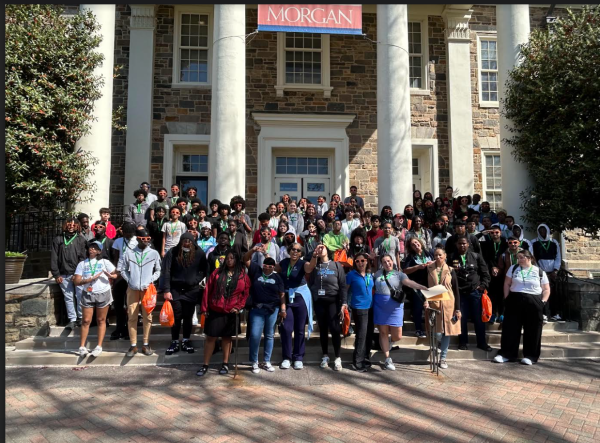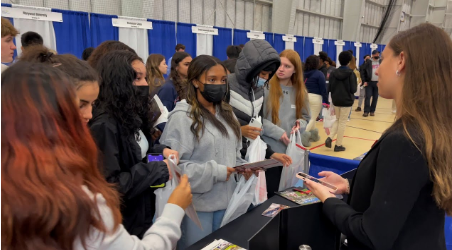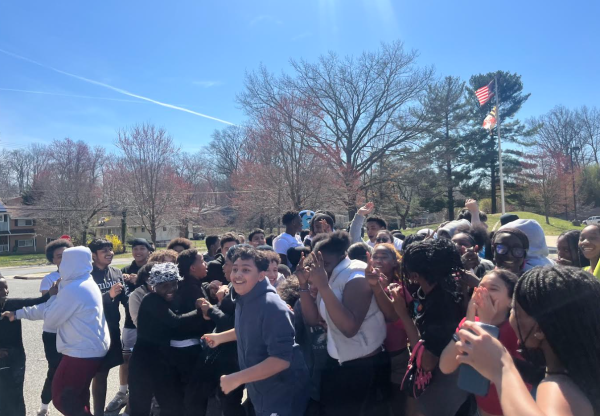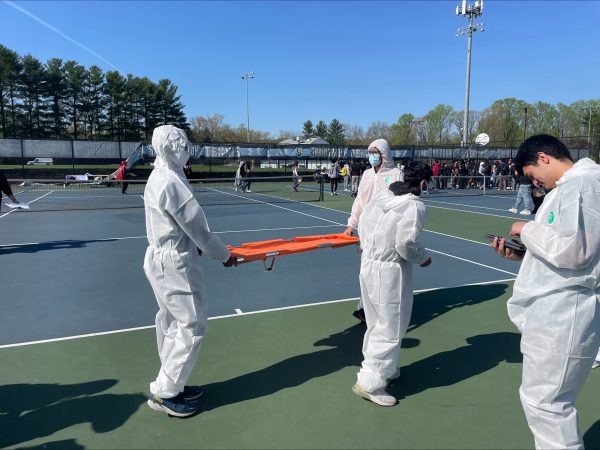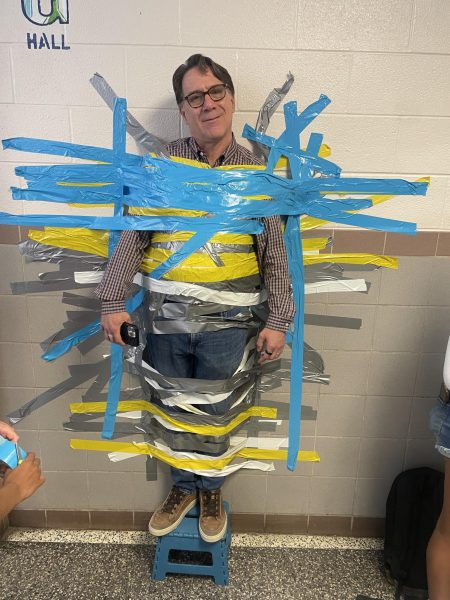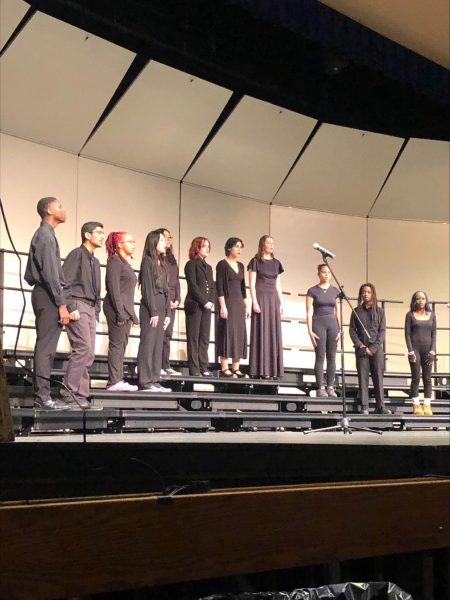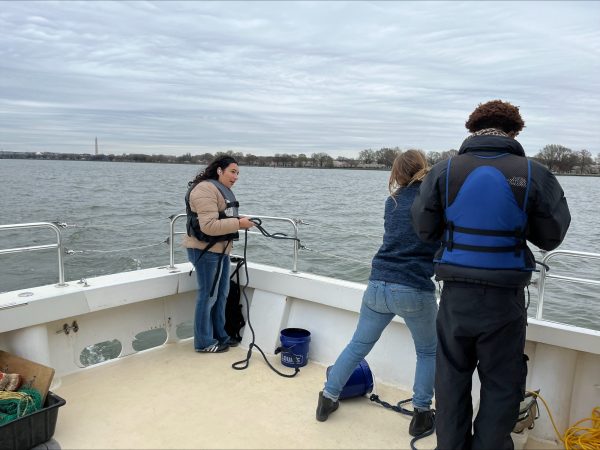Sexual assault and teenagers: the conversations we need to have
photo by Reuters
Following the trend of the #MeToo movement, the number of calls to the The National Sexual Assault Telephone Hotline have increased significantly.
Within the past few months, the amount of sexual assault and harassment allegations that have surfaced against men of prominent statuses has increased rapidly – with over 50 victims coming forth. The more high-profile cases out of these include allegations against Golden Globe winning actor, Kevin Spacey (House of Cards), and famous Hollywood producer Harvey Weinstein, who is most well known for his Academy Award-winning film, “Shakespeare in Love”. Even the President of the United States, Donald Trump, is currently drowning in charges of sexual harassment and assault of multiple women.
Cases like these have garnered massive media attention, mainly due to the popularity of the offenders. Often times, upon hearing of these assaults, people sympathize for the victims, as they should. But it’s important to remember and acknowledge that these acts are not exclusive to life in Hollywood or even government, but they also happen to ordinary, everyday people.We need to raise awareness of the fact that the relevance of sexual harassment is heavily downplayed in our society. Examples of sexual harassment are so common in workplaces, schools, and even families, that they’ve been normalized.
Every 98 seconds, an American is sexually assaulted. Every 8 minutes, that victim is a child. Most cases of sexual harassment of children are unreported during the time of assault, and in many cases, never reported even years later. In a multitude of circumstances children are often too young to comprehend what has happened to them. Even if a child does know what’s happening in most cases they do not know what they can or should do about it. Unfortunately, these cases are rarely reported because of this. Children can be sexually harassed for months, even years without any action taken to stop it.
Studies show that of these cases 90% of the children who are harassed know their perpetrator. This proves to be another issue because often the perpetrator is someone of trust. Teachers, coaches, family friends, and even family members are often those who are guilty of these crimes. Due to this relationship, many perpetrators aren’t suspected simply because they’re known well by the child’s family or just don’t seem like the type to commit such a crime. This is partially why it’s so difficult to catch these criminals. Parents need to regularly check up on their children, and make certain that whoever they leave alone with their child, is someone they can truly trust. Click here to read sexual abuse warning signs for parents.
In most middle and high schools, health is a required course for students. The curriculum of this course includes topics like what to do in dangerous scenarios and who to contact. While it’s commendable that these topics are being addressed they need to be addressed sooner. At even the elementary school level children need to be aware of what sexual harassment is and how it can be stopped. Taking the ages of the elementary school students into consideration, the information circulated to them can be subdued in a way that is beneficial, but not scarring or too much to handle. The earlier a child is able to recognize signs of harassment, the better the odds are that if they encounter such a scenario, they’ll be prepared.
Another prominent issue is stigma. Many people who’ve been sexually harassed or abused are afraid to talk about it. This often stems from the thought that they are going through the issue alone and that other people aren’t affected by it. To address this, schools and communities need to host events and gatherings where people can speak out about issues concerning sexual harassment. Having a figure leading the event who has been through the same type of issues can also serve as extremely helpful because it lets people know that they’re not alone.
As in situations dealing with depression or mental health, talking about sexual harassment is the first and often most important step in helping someone. It’s imperative for parents to be open and willing to discuss matters like these with their children. The National Sexual Assault Telephone Hotline (800.656.HOPE (4673) is also a helpful resource that all teens and kids should be aware of. If you need help locally, there is Montgomery County Teen Help Card with helpful phone numbers to call.

